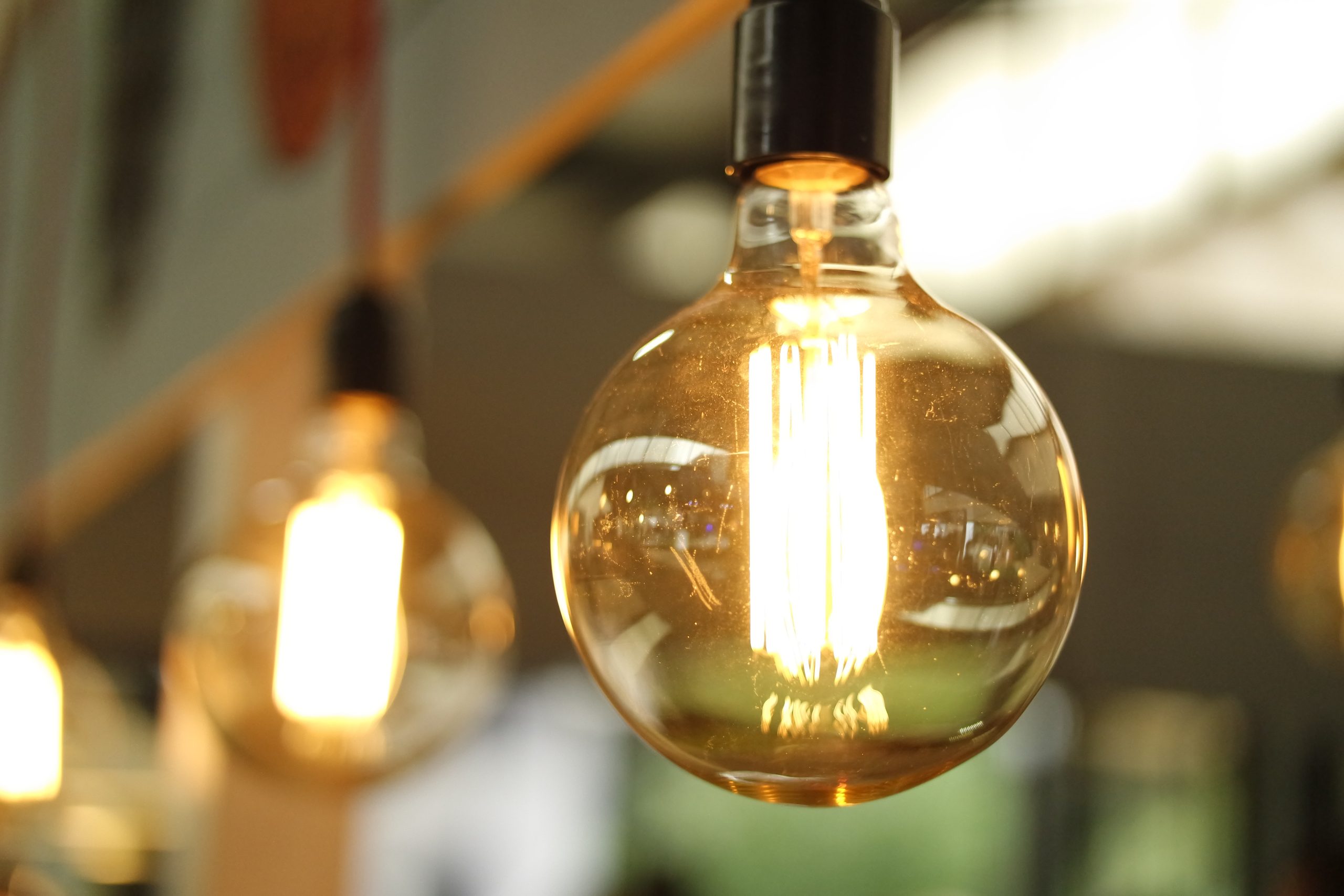(Transatlantic Today)-Is the UK energy crisis over? In just eight short weeks, the European Union has impressively transitioned from being thrust into a sudden and unprecedented UK energy crisis to having their natural gas stores filled to a whopping 94% capacity in preparation for the upcoming winter months.
Europe’s energy crisis took hold on August 31, 2022 when Russian President Vladimir Putin, acting in retaliation for the West’s sanctions against Russia for invading Ukraine in February 2022, ordered the shutdown of the Nordstream 1 gas pipeline.
Since the pipeline provides 40% of the European Union’s natural gas supply, wholesale prices for the European natural gas skyrocketed to an all time high of 339 euros (per megawatt-hour) compared to 50 euros per mwh from the previous year.
Upon the shutdown of the Nordstream 1, governmental and civilian efforts were immediately employed to ensure industries would continue to operate without interruption and for homes to stay warm throughout the upcoming winter months. Conservation efforts of current natural gas supplies became of paramount importance.
Alternative fossil fuels, such as coal, as well as clean energy alternatives, such as solar and wind, were utilized along with natural gas in order to generate electricity production.
Some European products with a low-value/high-gas consumption ratio, such as ammonia for fertilizer, were scaled back in production, suspended or ceased entirely.
Throughout the EU, residential and industrial sectors have rallied together to substantially decrease natural gas consumption while also taking advantage of the unusually but timely warmer temperatures of the autumn season.
Additionally, high flows of liquified natural gas from sources other than Nordstream have been instrumental in achieving the 94% of storage capacity.
Swift coalition and action from across numerous sectors throughout the EU have demonstrated well the ability to sufficiently reverse course an unexpected crisis imposed by an aggressive nation. Accordingly, the wholesale price of natural gas prices in the EU have also decreased in the past eight weeks to approximately 100 euros per mwh.
However, while the EU is well prepared to cover their short-term energy consumption needs through the upcoming cold winter months, they are not completely out of the woods for their long-term needs.
Unless the Nordstream 1 pipeline reopens and is fully repaired from last month’s mysterious explosions, the European Union is facing an even bigger energy crisis this time next year.


























